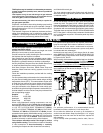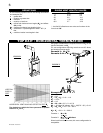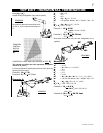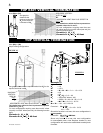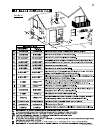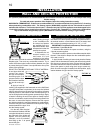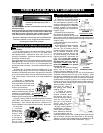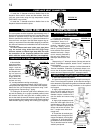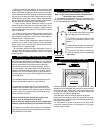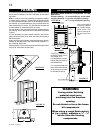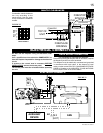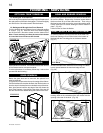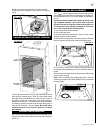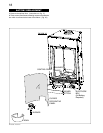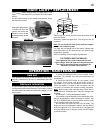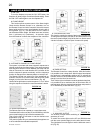Special offers from our partners!

Find Replacement BBQ Parts for 20,308 Models. Repair your BBQ today.
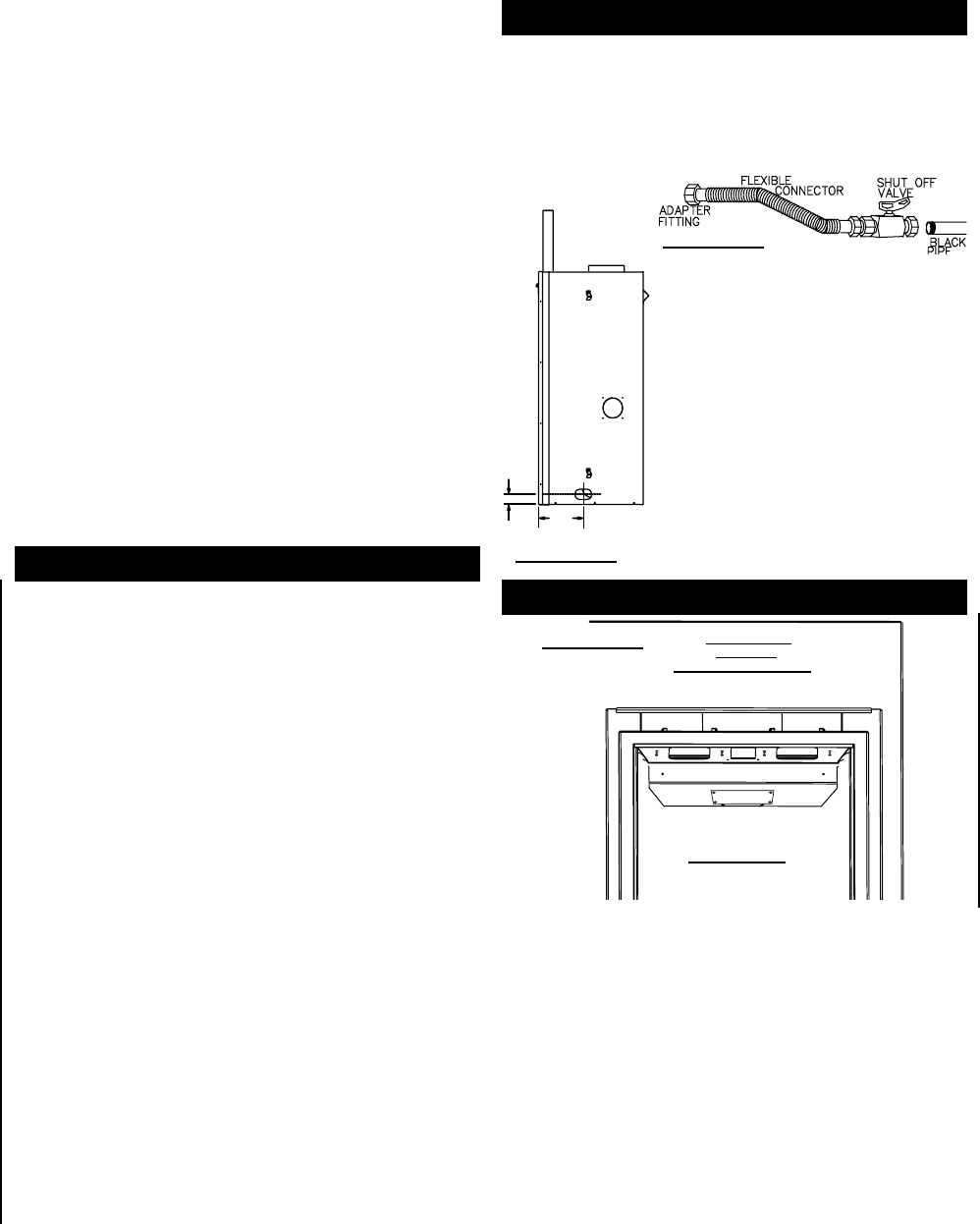
13
W415-0583 / B / 05.23.07
FLUE COLLAR
RESTRICTOR PLATE
TOP OF THE
FIREBOX
Proceed once the vent installation is complete.
Note : All gas connections must be contained within
the fi replace when complete.
1. The fi replace is designed to accept a ½” gas supply line.
The fi replace is equipped with a ½” manual shut-off valve, and
an 18” listed fl exible gas connector.
2. The access to the gas inlet is located
on the right side of the outer shell.
3. The fl ex connector and shut off must
all be in the accessible portion of the
fi replace.
4. When fl exing any gas line, support the
gas valve so that the lines are not bent.
5. Check for gas leaks by brushing on
a soap and water solution. Do not use
open fl ame.
6. Remove nails from the shingles, above and to the sides
of the chimney. Place the fl ashing over the air terminal and
slide it underneath the sides and upper edge of the shingles.
Ensure that the air terminal is properly centred within the fl ash-
ing, giving a 3/4” margin all around. Fasten to the roof. Do NOT
nail through the lower portion of the fl ashing. Make weather-
tight by sealing with caulking. Where possible, cover the sides
and top edges of the fl ashing with roofi ng material.
7. Apply a heavy bead of waterproof caulking 2 inches
above the fl ashing. Slide the storm collar around the air ter-
minal connector and down to the caulking. Tighten to ensure
that a weather-tight seal between the air terminal and the
collar is achieved.
8. Continue adding rigid venting sections, sealing and
securing as above. Attach a 4” collapsed telescopic pipe to
the last section of rigid piping. Secure with screws and seal.
Repeat using a 7” telescopic pipe.
9. Run a bead of high temperature sealant around the
outside of the 4” collar on the fi replace. Pull the adjustable
pipe a minimum of 2” onto the collar. Secure with 3 screws.
Repeat with the 7” telescopic pipe.
10. In the attic, slide the vent pipe collar down to cover up
the open end of the shield and tighten. This will prevent any
materials, such as insulation, from fi lling up the 1” air space
around the pipe.
GAS INSTALLATION
Vertical terminations may display a very active fl ame. If this
appearance is not desirable, the vent exit must be restricted
using restrictor plate, W500-0205. This reduces the velocity
of the exhaust gases, slowing down the fl ame pattern and
creating a more traditional appearance.
The plate has a series of holes to allow for adjustment.
Remove the two screws on either side of the exhaust collar
inside the fi rebox. Install the plate in the desired set of holes,
then replace the screws.
It is recommend to secure in the third set of holes which
causes the greatest amount of restriction for vent length
between 15 and 30 feet.
RESTRICTING VERTICAL VENTS
FIGURE 25
FIGURE 26
FIGURE 27
2"
8
7
/
8
"
MOBILE HOME INSTALLATION
This appliance is certifi ed to be installed as an OEM (Origi-
nal Equipment Manufacturer) installation in a manufactured
home or mobile home and must be installed in accordance
with the manufacturer’s instructions and the Manufac-
tured Home Construction and Safety Standard, Title 24
CFR, Part 3280, in the United States or the Mobile Home
Standard, CAN/CSA Z240 MH Series, in Canada. This ap-
pliance is only for use with the type(s) of gas indicated on
the rating plate. A conversion kit is supplied with the mobile
home appliance.
This Mobile/Manufactured Home Listed appliance comes
factory equipped with a means to secure the unit.
The fi replace is equipped with two 1/4” diameter holes
located in the fron left and right corners of the base. For
mobile home installations, the fi replace must be fastened
in place. Use #10 hex head screws, inserted through the
holes in the base to secure.
Always turn off the pilot and the fuel supply at the
source, prior to moving the mobile home.
After moving the mobile home and prior to lighting the
fi replace, ensure that the logs are positioned correctly.
This appliance is certifi ed to be installed in an aftermarket
permanently located manufactured (mobile) home, where
not prohibited by local codes.



